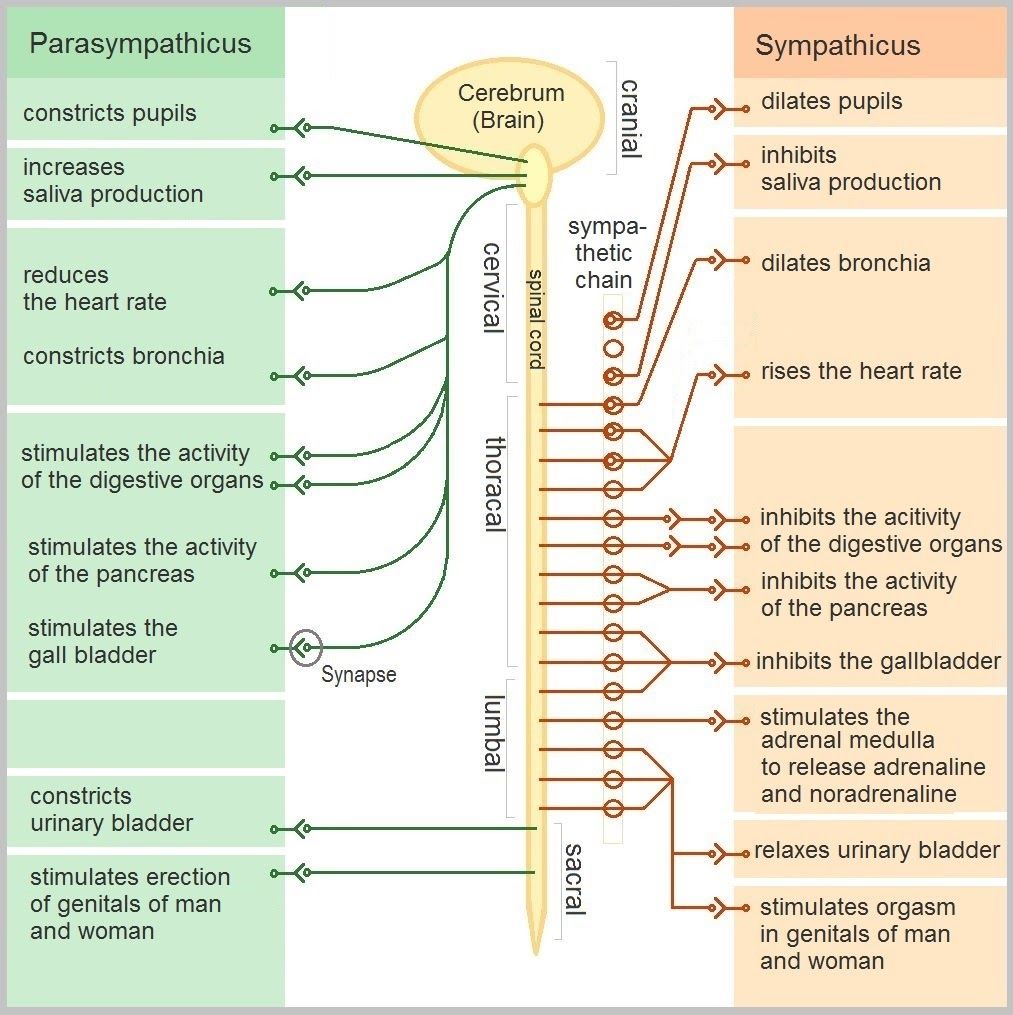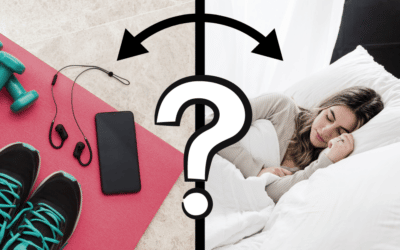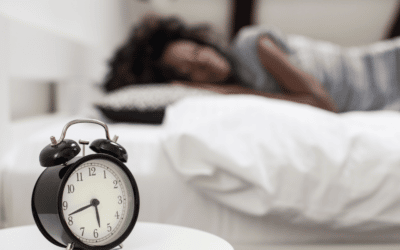If you’re lucky you’ll learn a little bit about your autonomic nervous system in high school then never think about it again. If you’re an adult trying to find more information about it then chances are something is wrong with your body (or a loved one’s) and you’re looking for answers.
Your autonomic nervous system is the part of your nervous system that you can’t control voluntarily. It controls all the parts, pieces, and systems that you hope to work normally because if they don’t you can’t just think or concentrate on them to make it better. Your autonomic nervous system controls your cardiovascular system, endocrine system (hormones), lungs, immune system, digestive system, reproductive system, balance, thermal regulation, sleep, vision, posture… you get the idea, some really, really, really important stuff.
Where is my autonomic nervous system? (see the picture below)
It’s kind of all over your body, but the main part is at the base of your skull where your head and neck come together and it’s called your brain stem. You have nerves that travel from your brain to every part of your body. The nerves carry messages that essentially tell a part of the body to do something, or to stop doing something. The messages you can control come from the big part of your brain that’s in your skull, and all the other messages originate from your brain stem.
How do I fix my autonomic nervous system if it’s not working well?
Treating nervous system problems is one of the last frontiers for modern medicine, which means to say that there isn’t a whole lot medical doctors can do to treat autonomic nervous system problems. They can help people cope and manage some of the symptoms with medication, but have a hard time fixing the problem. The most effective treatments are the ones that focus on the basic needs of the body… nutrition, sleep, lowering stress, and most importantly proper structural alignment.
Your body’s structure (bones, joints, and muscles) have a HUGE influence on your autonomic nervous system function. It’s a bit complicated, but basically your autonomic nervous system depends on the nerve messages it receives from the different parts of the body (afferent nerve signals). The messages the autonomic nervous system sends to the body (efferent nerve signals) to control and coordinate the countless functions are based on the messages it receives.
It’s like having a CEO of a big factory, but the CEO never leaves the office and the office has no windows. The only way the CEO can make good decisions about how to manage the factory is based on the emails, faxes, and phone calls it gets from the employees who are doing the actual work. If the employees’ messages get to the CEO quickly and accurately then the factory runs well. However, if the employees’ messages are disrupted or inaccurate then the whole factory will begin to suffer because the CEO is making decisions on incomplete or inaccurate information.
The part of your body that has the biggest influence (sends the most afferent signals) to your autonomic nervous system is your upper neck, specifically the first two bones in your spine (C1 and C2, or “atlas and axis”) and the muscles and ligaments that surround them. For that reason upper cervical specific chiropractic care is one of the most successful, if not the most successful, treatment option for people with autonomic nervous system problems.

How to Fix Sleep Apnea
Just in case you find yourself on social media, you might have seen some of our ads and promotions running. I'm the guy with the octopus on his face. The reason we're doing this, the reason you're seeing a chiropractor deal with some sleep medicine issues, is because...
What’s more important, sleep or exercise?
So what’s more important to our health; sleep or exercise? Sleep? I’ll bet you're hoping it’s sleeping right? Well you can relax because yes it is 🙂 There, now you can relax and read the rest of this knowing that sleep is the answer lol. Now this does NOT mean...
Can poor sleep cause anxiety?
All tucked in for a full night's sleep. Bed is warm, the blankets are soft and cozy, the room is nice and dark and quiet. Take a few big deep breaths and close your eyes and poof, off to dreamland…Brain: “I wonder if I emptied the lint trap. Should I go back to...



